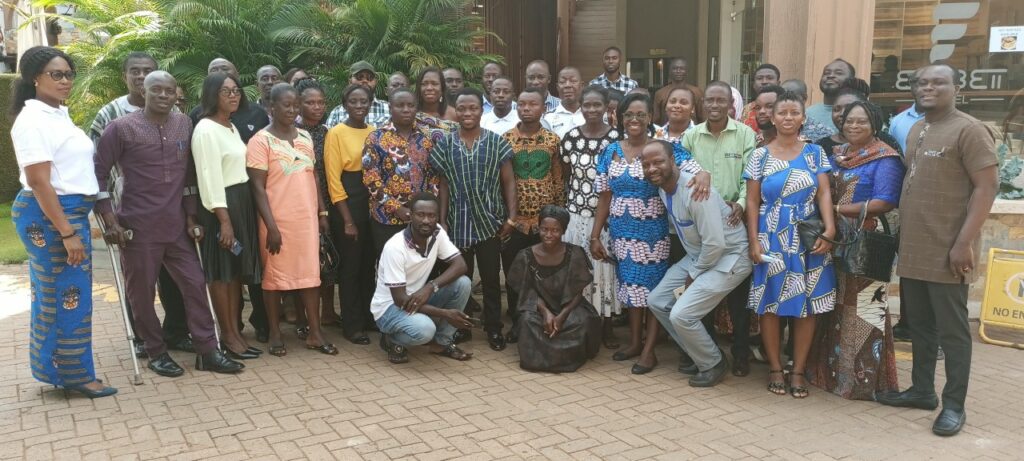Value addition is key to capitalizing on AfCFTA
 Ms Grace Antwi-Asante, the Programme Officer for Capacity Building and Stakeholder Engagement at the National African Continental Free Trade Area (AfCFTA) Coordination Office, has stated value addition is key for exporters to benefit from the AfCFTA agreement.
Ms Grace Antwi-Asante, the Programme Officer for Capacity Building and Stakeholder Engagement at the National African Continental Free Trade Area (AfCFTA) Coordination Office, has stated value addition is key for exporters to benefit from the AfCFTA agreement.
She said because many countries were trading in the same goods, the market would be competitive hence exporters needed to add value to their products to take advantage of the agreement.
According to her, that would also require exporters to brand their products to meet the right specifications to ensure high patronage by buyers on the market.
”With 55 African countries coming on board with a population of 1.2 billion people and a GDP estimated at $3.4 trillion, one should expect products on the market to be competitive, so value addition on products will assist the exporters to thrive amid the competition”, she said.
Ms Antwi-Asante was speaking to participants at a day’s Capacity Enhancement sensitization workshop on the National Export Development Strategy (NEDS) in Sunyani.
It was organised by the Ghana Export Promotion Authority (GEPA) to sensitise the participants to understand the NEDS and also know the status and way forward of the free trade area.
More than 40 participants comprising Small Scale Enterprises (SMEs), food and cosmetic processors and manufacturers from the Sunyani, Sunyani West and Berekum Municipalities attended.
Ms Antwi-Asante said most SMEs required marketing information on the export of their products and by conforming to the right standards the products could access the free trade market.
Mr Francis Fosu-Kwakye, the Deputy Zonal Officer for Ashanti, Bono, Bono East and Ahafo Regions, said the NEDS’ goal was to expand the country’s non-traditional export, which stood at $3.3 billion to a projected revenue target of at least $25 billion by the 10th year, 2029 through increasing manufactured goods and services component of exports.
He said it would expand and diversify the supply base for value-added industrial export products and services through the provision of sustained raw materials’ input to farmers and working with banks for the provision of soft loans.
Mr Fosu-Kwakye said the NEDS would also improve the business regulatory environment for export by streamlining export procedures and processes as well as developing an effective fiscal regime to support the export sector with an industrialization orientation.
He added it would build and expand the required human capital for industrial export development and marketing through the upgrade of GEPA’s Export School together with relevant organisations to attain an accredited status as well as decentralise the school to the regional levels and districts.
Ms Bernice Yeboah, the Owner of Atbay Enterprise, a Mushroom and Snail farming company at Berekum, told the Ghana News Agency that her capacity had been enhanced about the processes of commodities export and import and the needed requirements to meet the market demands.
Source: GNA
